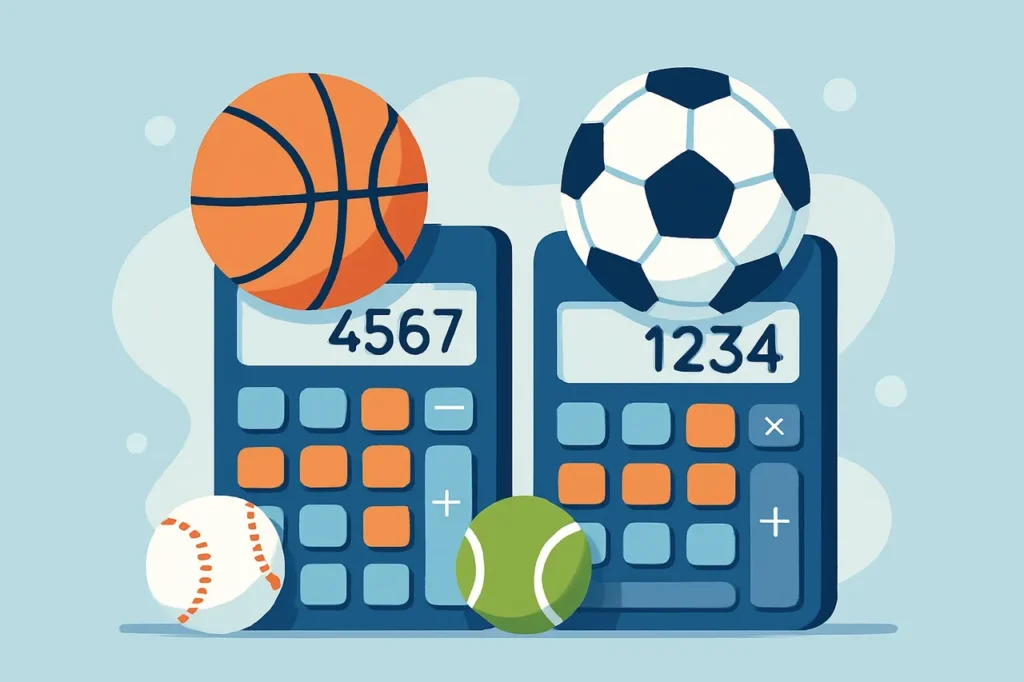
How To Be A Great Developer
There’s a difference between writing code and being a developer—and an even greater one between being a developer and being a great one. Great developers aren’t defined by how many languages they know or how fast they can debug. They’re…

On Passion
Let me tell you a story. Not the kind with dragons and castles — but one that starts with a guy, a dusty laptop, and an internet connection. That guy was me, and the thing I stumbled on 12 years…

In Search of a Living Design System
When I started coding in the early 2000s, “design systems” weren’t even a term. We had style guides at best, often buried in a PDF or buried deeper in someone’s mind. If the font looked close enough and the margins…

The Values of the Web
I’ve been building for the Web for nearly two decades. I’m a full stack developer with a PHP background, and while the tools and frameworks have evolved drastically — from raw HTML and procedural PHP to modern APIs, frameworks, and…

No More Forever Projects
After nearly 20 years in development — from raw PHP days to modern full stack workflows — I fell into a familiar trap: the forever project.Whenever I launched something on the side, I’d wrap it in grand promises. “This tool…

My name is Vitaly, and I am homeless
In a world that celebrates stability, owning things, and putting down roots, there are a few people who choose a different path—one built not on permanence, but on movement. This is the story of one such person. A designer, writer,…





